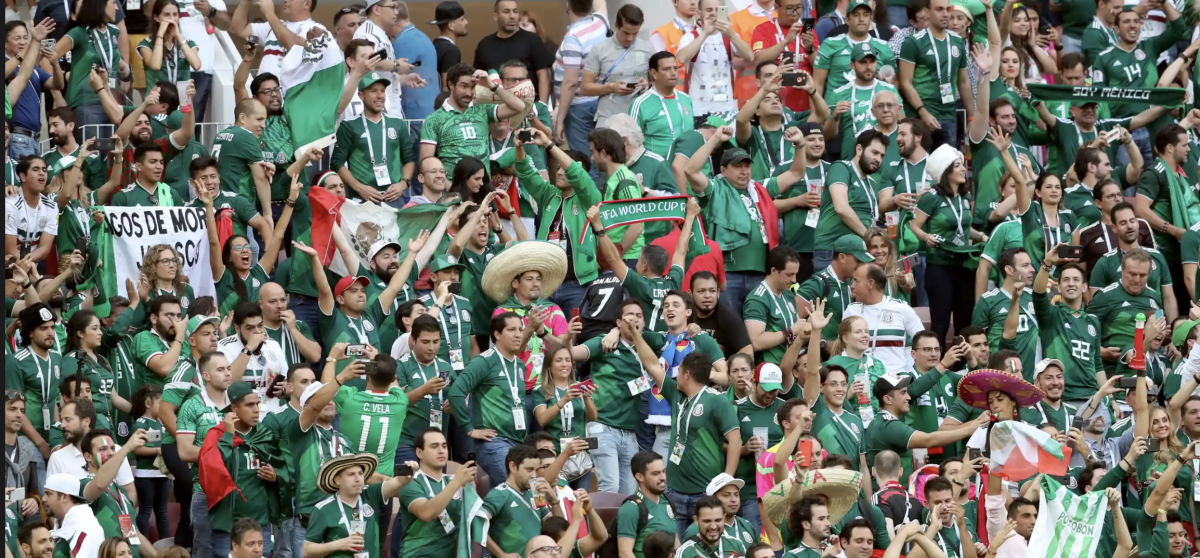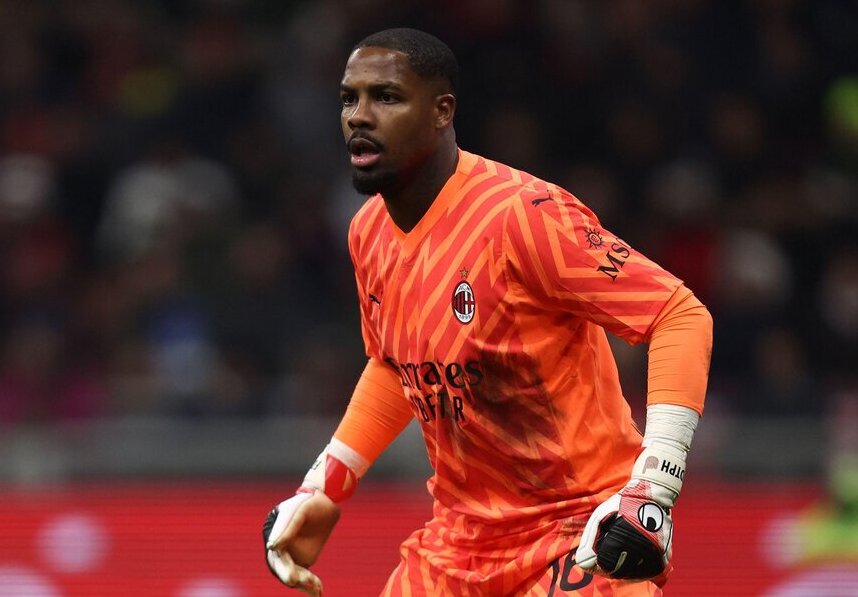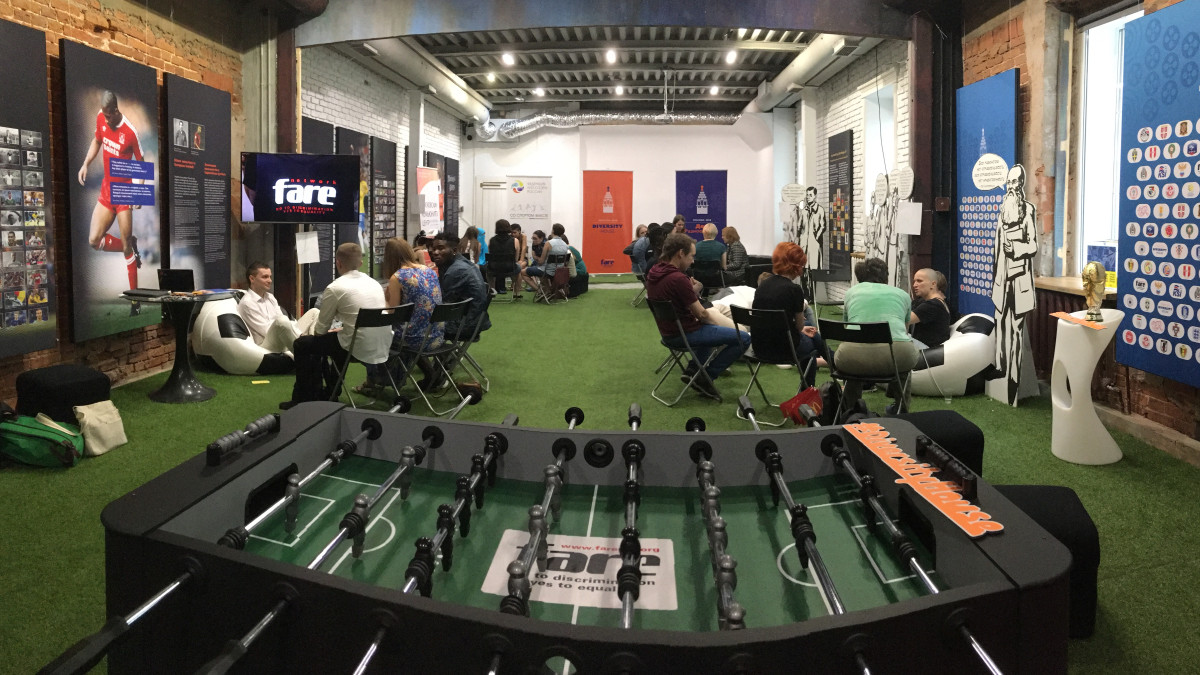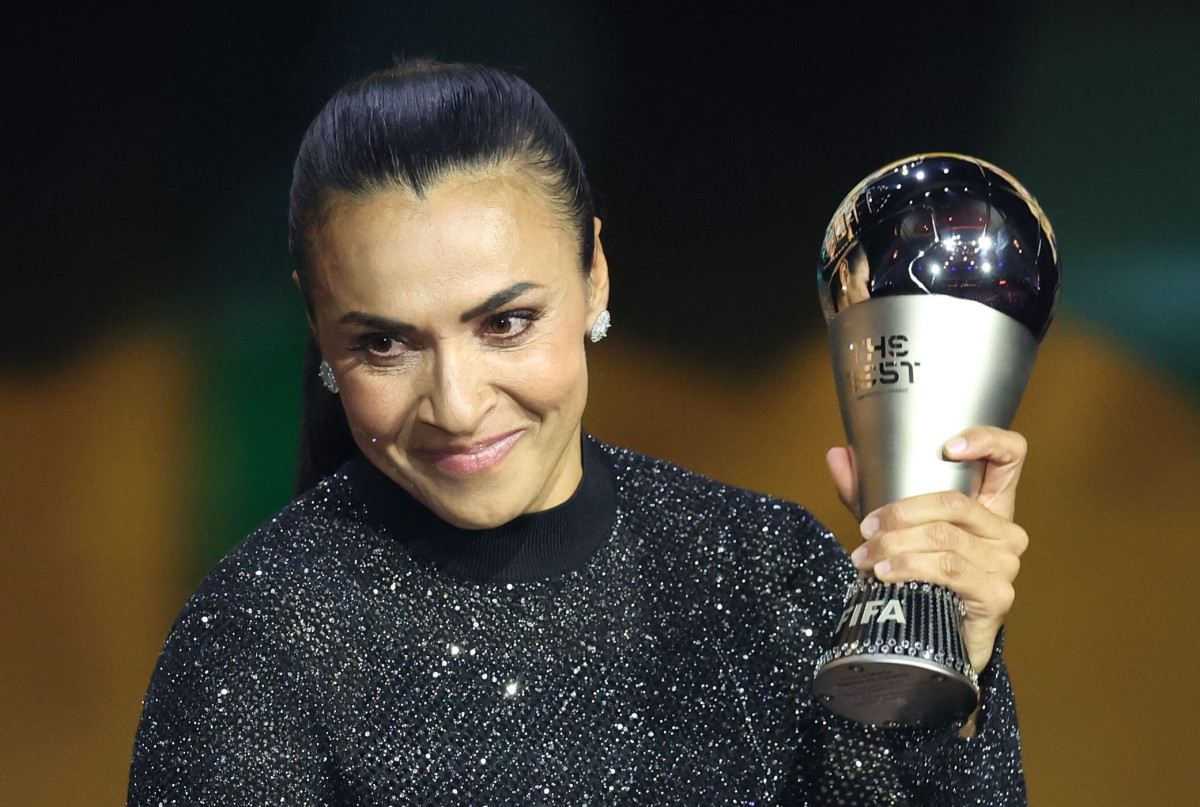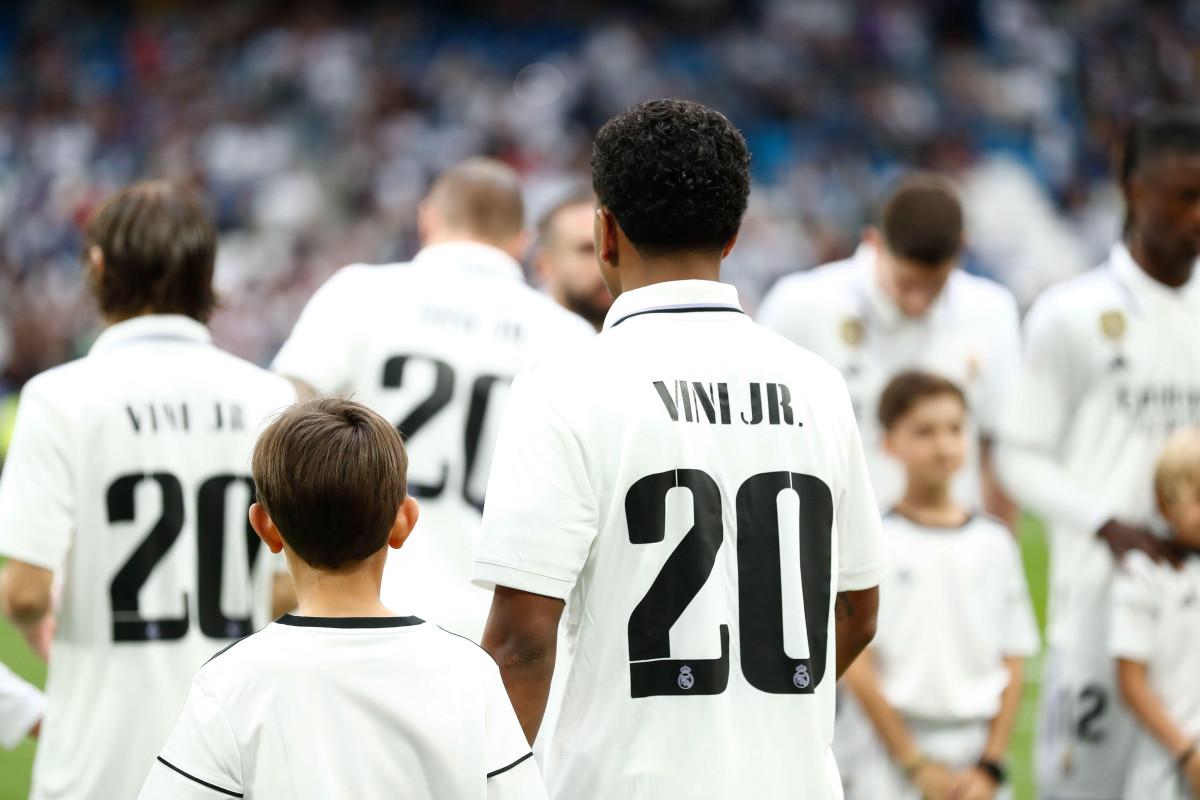Sport and Cooperation Network organised a conference about ‘Racism, Discrimination and Diversity in Football’ in Madrid, on 25 October 2013. The conference formed part of Fare’s Football People Action Weeks, aimed at brining together hundreds of thousands of people across Europe in a message against discrimination and a celebration of diversity.
The one-day conference funded by the FARE Network, in association with the Community of Madrid, INEF and Universidad Politecnica was a chance for organisations and individuals to discuss the current situation, share ideas and create networks for future action.
The conference included a diverse panel of speakers, including academics, grassroots organisations, campaign groups, football clubs and a former professional footballer. The conference began with a short introduction by Antonio Rivero Herraiz, Dean of INEF; Andrew Bonich, Director of Extratime Association; and Carlos de Cárcer, Sport Network's Director.
Laying the foundations
During the morning session, Salvador Rodriguez Moya, discussed the current situation of racism and discrimination in Europe, with particular focus on Spain. The session provided a useful foundation to build the discussions.
“Basic fundamental human right”
Piara Powar, FARE Network director and Paul Elliott, a former professional footballer generated an interesting discussion about the current measures in place to tackle discriminatory behaviour in football.
Paul was able to draw on his professional as well as personal experience of being brought up by first generation immigrants, at a time when racism and discrimination in the UK was more prevalent than today. He explained that during the late 70s and early 80s football was very representative of society at the time.
When discussing racism and discrimination in football, Paul explained that it comes down to a “basic fundamental human right”. It would not be tolerated in any workplace, so it should not be tolerated or acceptable in football. He also commended the work that has been done, but at the same time remained mindful of the challenges ahead. Alluding to the recent incident involving Yaya Toure as an example of the challenges ahead and the magnitude and seriousness of the issue.
Paul emphasised the importance of “zero tolerance sanctions at the top, but education, role models and leadership at the grassroots”.
Building on the morning presentations, Piara acknowledged Spain’s complex history and explained that it is important to avoid being too simplistic or suggesting that one country is more racist than another. He emphasised the importance of working together and learning from each other, echoing Paul’s comments that “we are all in this together”.
Piara Powar was also able to contribute his wealth of experience in attempting to tackle the issues of racism and discrimination in football.
Roundtable discussion
During the afternoon, Cristina Díaz, José Antonio Cuetara, Pepe Benitez Muñoz, Roberto López and Carmen Arias held a roundtable discussion.
During the roundtable discussion, education at grassroots level and for young fans was again emphasised as important in addressing the issues of racism and discrimination in football. Again, echoing the sentiment of the morning speakers, all agreed that more cooperation is required in tackling the current issues. Roberto suggested that the current economic crisis has contributed to the issue, suggesting that people look for an excuse and often point the finger at the immigrant population.
All agreed that the media have a key role to play. However, there were no clear conclusions. For example if the media highlight discriminatory behaviour they are seen as reinforcing the differences. However, if they avoid highlighting incidents of racism they are viewed as turning a blind eye to the situation.
José Antonio Cuetara, suggested that football is not only the reflection of society, including the positive and negative characteristics, but it also energises society.
Case studies: integration through football
Wilson Gómez Meneses, presented his experiences as a grassroots referee and suggested that football can bring the best and worst out of people. Ruben López and Olga Morla discussed their experience of organising an intercultural championship for Moroccan and Spanish girls’. Additionally, Noemi García Arjona presented her research about the social and cultural integration of young immigrants in Paris and Madrid.
